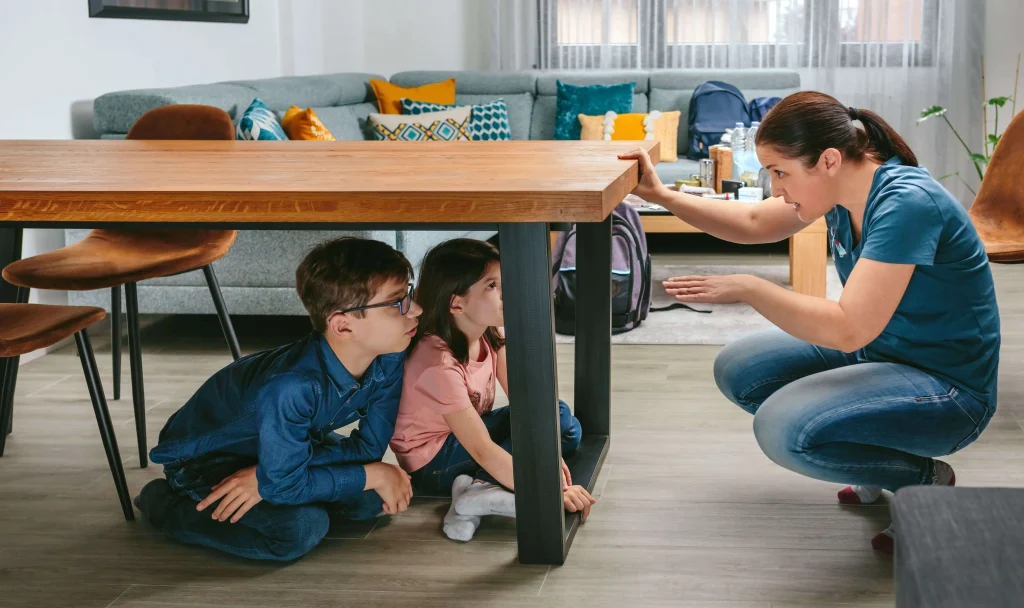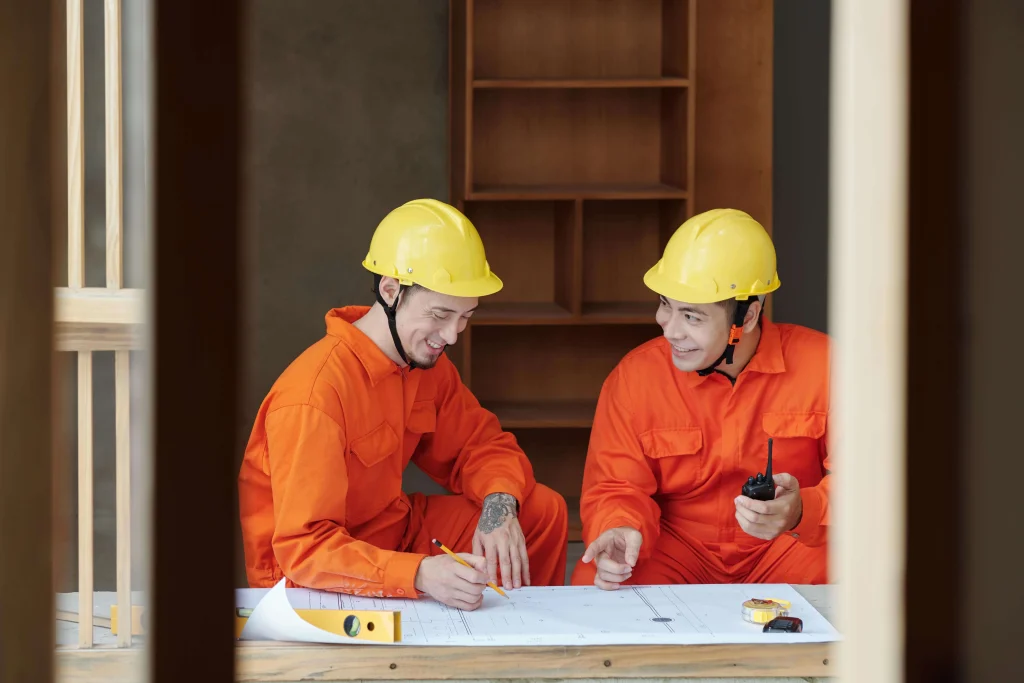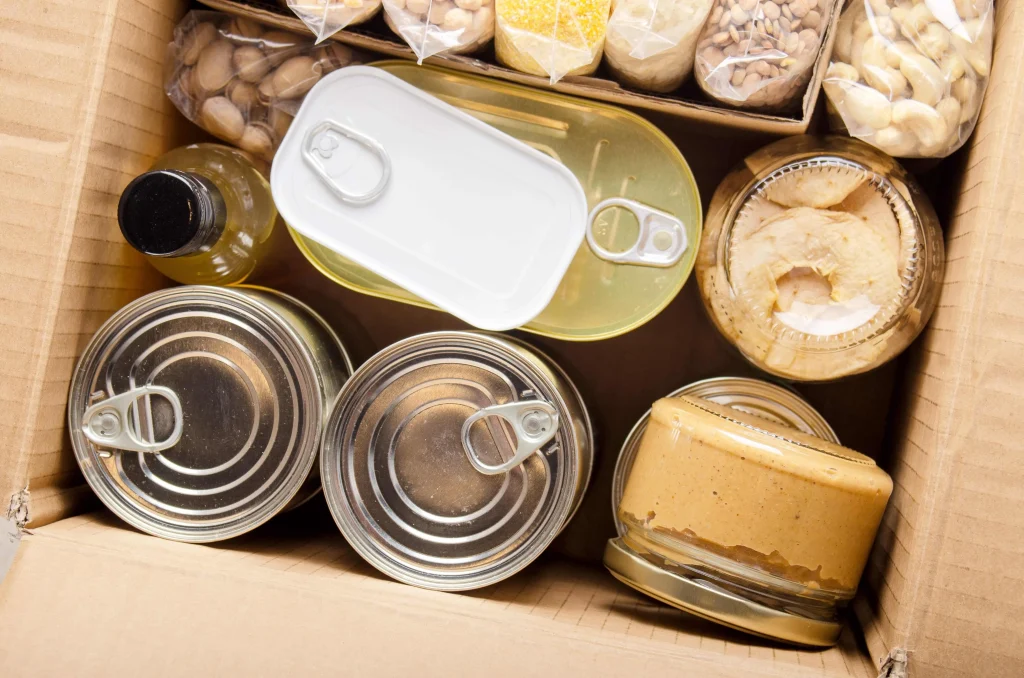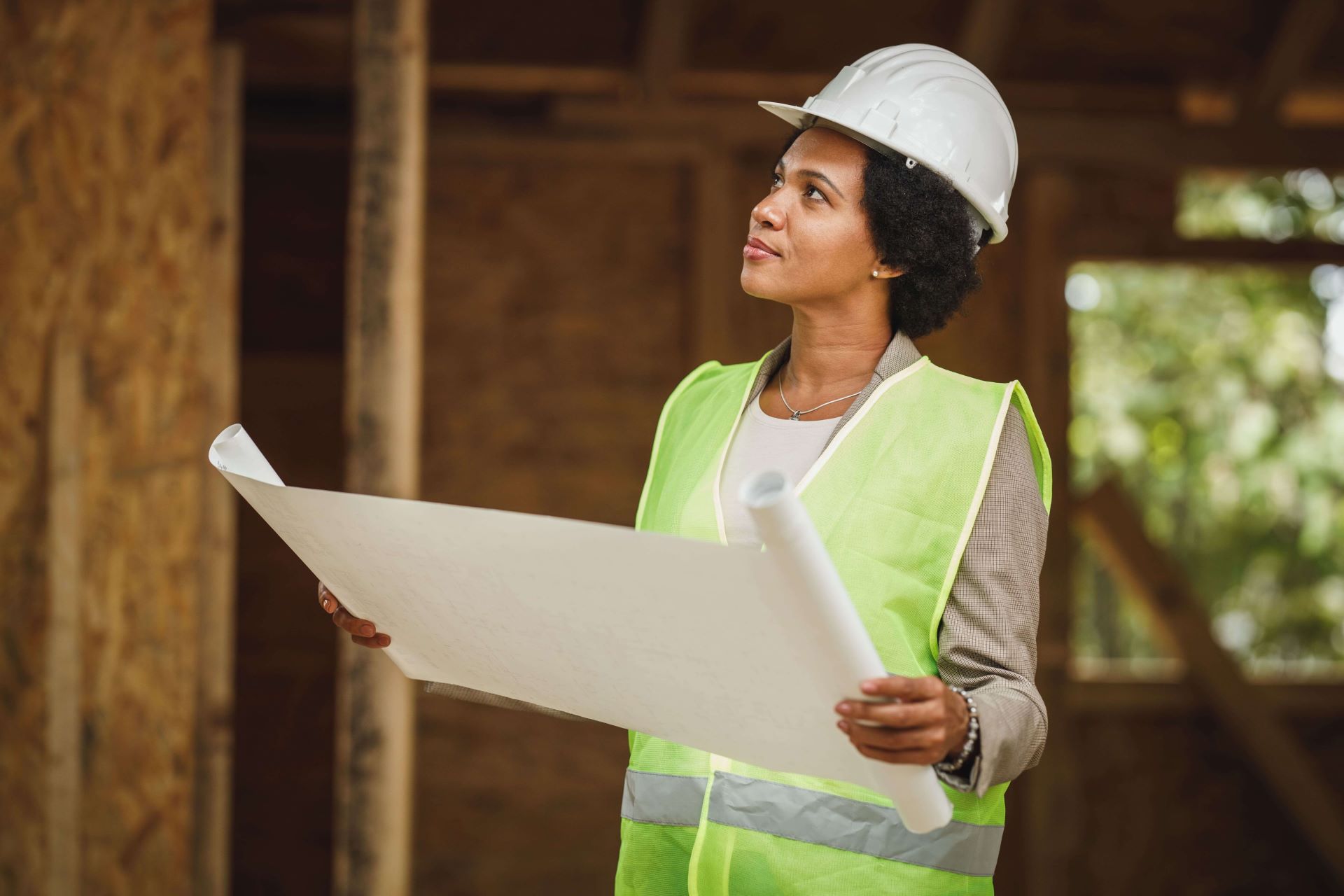What Are Earthquakes?
In the past, there was little known information about earthquakes. It was only when seismology, which is the study of earthquakes, was developed that the phenomena of earthquakes were studied in order to provide an understanding of how earthquakes worked and how we could be protected by them. In the earth’s crust, there are parts called “geologic faults,” which are narrow spaces where giant masses of rock that make up the land move across and against each other. “Fault lines” are streaks of faults spanning areas of land that have been discovered by research committees that are typically monitored in case of the possibility of an earthquake.
An earthquake happens when the ground abruptly moves as a result of the large masses of rocks in the land moving against each other “slip and fracture” at the fault lines. The energy stored in the earth’s crust is produced during earthquakes in the form of “seismic waves” when earthquakes happen. When large masses of rock move in an earthquake, it has the capacity to be violent to the extent that large regions such as cities can be damaged. This is why earthquakes are continuously researched so that building codes can be revised to incorporate earthquake-proof and earthquake-resistant structures so that earthquake damage may be reduced in the event of major earthquakes or a major earthquake.

Why You Should Prepare for Earthquakes
Earthquakes are natural disasters, which means that it is an incident that can take many lives depending on the severity. Therefore, preparation is necessary in order to prevent casualties, especially if you live in an earthquake country or a country that is prone to earthquakes. When an earthquake occurs, there may be a power shortage for an indefinite period of time, especially if you are in an earthquake zone that is hit the most. Your house, like a house and lot for sale in San Pedro Laguna, may run out of power, which means there would be no electricity for lights or for the refrigerator to store your food properly. The seismic activity may also damage your plumbing system and end up contaminating the water supply.
How to Prepare for an Earthquake
Earthquakes are able to occur out of nowhere, therefore it is beneficial to plan ahead of time to prevent dangerous injuries and casualties. Earthquake-resistant structures are ideal to be in during an earthquake, and this will be further discussed later on how to earthquake-proof your house. One of the things you can do to prepare for an earthquake is to make you know basic first aid in the event of injuries. Another thing you can do is to take note or inventory of the location of your house, like a house and lot for sale in San Pedro Laguna, and where you go to school and work. This way, you can figure out what the emergency landlines are in your area, and how you can your evacuation route in the event that it is safe to evacuate when an earthquake has happened. Moreover, make sure you have stored food and water to drink in your house for emergencies, and have extra clothes to bring; you make a bag with the necessary materials inside purposed for natural disasters like earthquakes.

How to Earthquake-Proof Your House
Making your house, like a house and lot for sale in San Pedro Laguna, earthquake-proof is your best defense against casualties during an earthquake because earthquake-resistant buildings or earthquake-proof buildings are able to withstand seismic activity or withstand earthquakes more effectively than structures that are not earthquake-proof. There are many ways you can go about earthquake-proofing your house.
First, make sure that the foundations of your house are stable, secure, and safe. Make the necessary repairs to your house and reinforce the foundations of the house or building itself. You may contact building professionals such as architects and engineers in order to more effectively earthquake-proof your house through having earthquake-resistant materials on cripple walls, concrete slabs, shear walls, and the like, having a seismic retrofit in your house, and many more. Furthermore, secure and anchor lighting fixtures, especially the overhead lights so that they are not easily damaged in the event of an earthquake.
Make sure to anchor bolts on your cabinets, bookcases, closets, and other furniture that are placed on your wall and floors in your house and lot for sale in San Pedro Laguna. Make sure to avoid placing pictures, frames, and mirrors near places where people sit and lay down so that they don’t fall near a person during an earthquake. Store items that can be broken such as chinaware, glass containers, and the like. Ensure that electrical and plumbing systems are fixed all the time so that no further accidents can be caused. Make sure to repair leaks in gas connections to prevent fire hazards.
What to Do After Earthquakes
Once the earthquake has stopped for a considerable amount of time, you must have a supply kit ready, like the one mentioned earlier in this blog, to sustain your survival in the aftermath of the earthquake. This supply kit should contain necessities like water, food, and a device for communicating such as a phone. It is also important to have an emergency communication plan ready that does not rely on electricity and phones. You and your family must have a plan on what area to meet in or have certain persons like friends as family contacts in the event that you are away from your family during the aftermath of the earthquake.

Conclusion
Natural disasters are unfortunate however they are beyond our control when and where they happen. Therefore, it is up to us to prepare for the when they happen so that casualties and injuries are prevented. Earthquake-proof your house, like a house and lot for sale in San Pedro Laguna, and coordinate with building professionals if you need to. Secure the furniture in your house like tables, lighting fixtures, and cabinets. Most especially, make sure you always have food and water stored to bring with you in times of emergencies. The severity of a natural disaster can always be reduced by how prepared you are.
Read more: Being Prepared for Unexpected Disasters in Your Home


